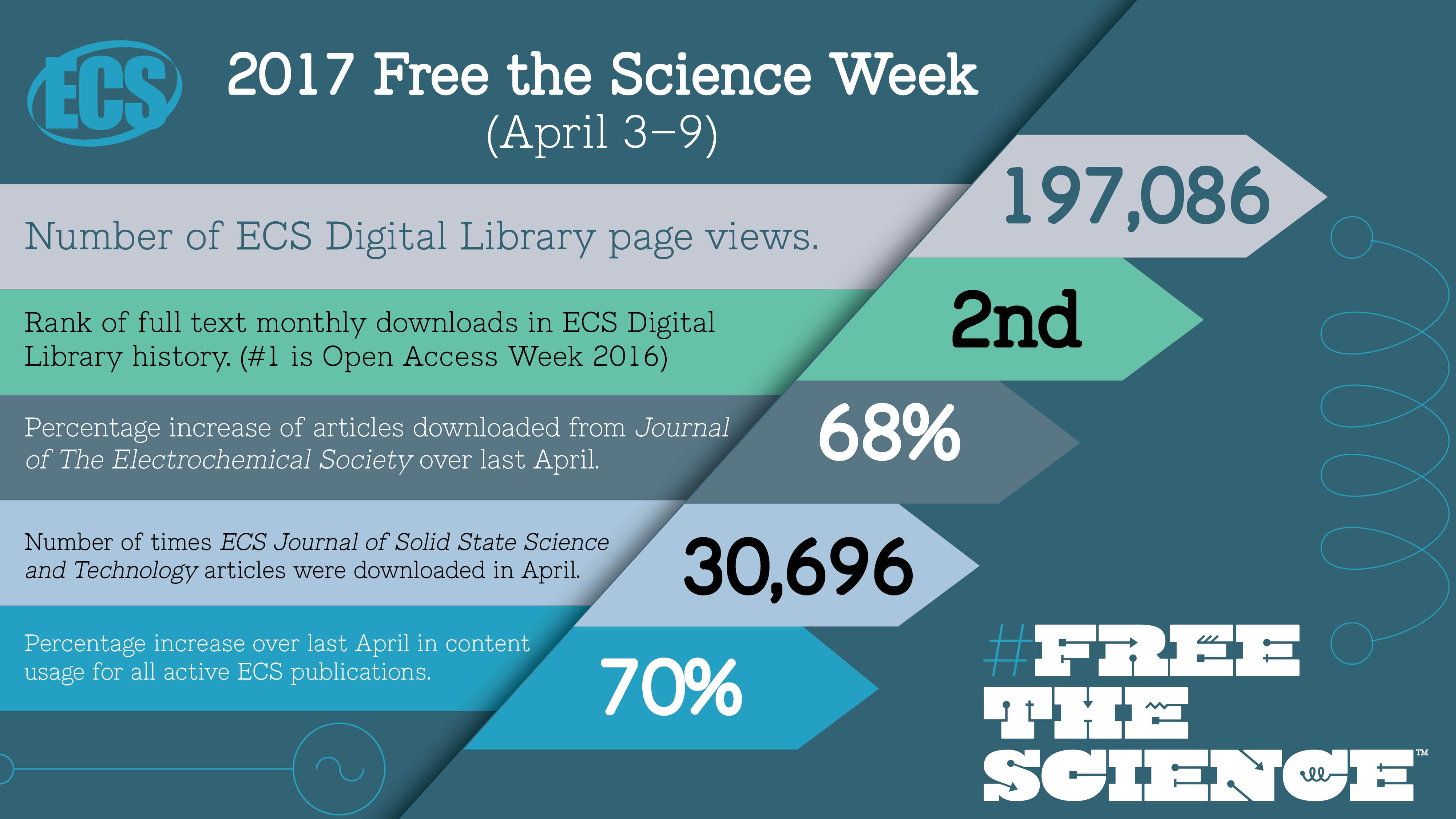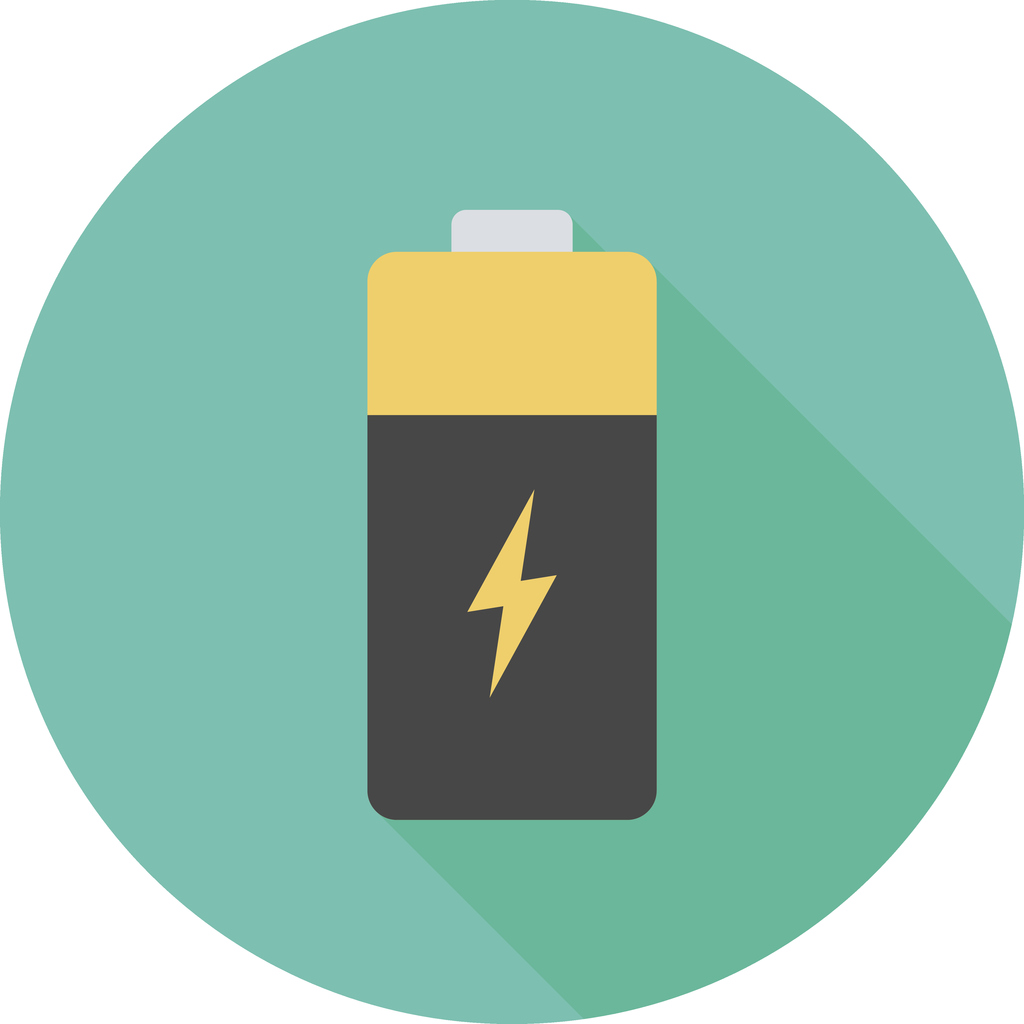 In an effort to increase security on airplanes, the U.S. government is considering expanding a ban on lithium-ion based devices from cabins of commercial flights, opting instead for passengers to transport laptops and other electronic devices in their checked luggage in the cargo department. However, statistics from the Federal Aviation Administration suggest that storing those devices in the cargo area could increase the risk of fires.
In an effort to increase security on airplanes, the U.S. government is considering expanding a ban on lithium-ion based devices from cabins of commercial flights, opting instead for passengers to transport laptops and other electronic devices in their checked luggage in the cargo department. However, statistics from the Federal Aviation Administration suggest that storing those devices in the cargo area could increase the risk of fires.
The FAA reports that batteries were responsible for nine airline fires in 2014. The number grew to 16 in 2015 and further to 31 in 2016. Most fires were able to be extinguished by passengers.
According to Homeland Security Secretary John Kelly, the U.S. government is considering expanding the ban to 71 additional airports.
(READ: “What’s Next for Batteries?” with Robert Kostecki.)
Mainstream concern regarding lithium-ion battery safety became widespread in 2016 when videos of hoverboards exploding began to emerge. Since then, news reports of smartphone and laptop batteries have emerged.


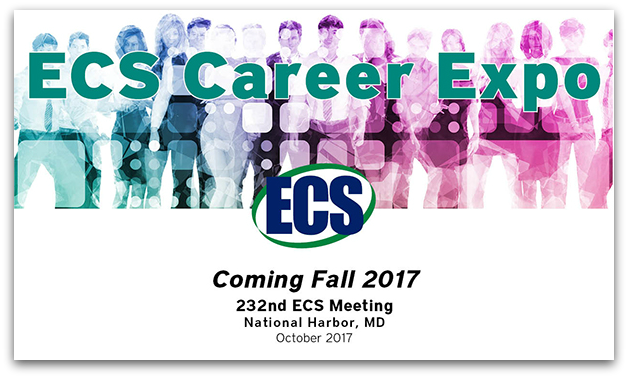 At the
At the 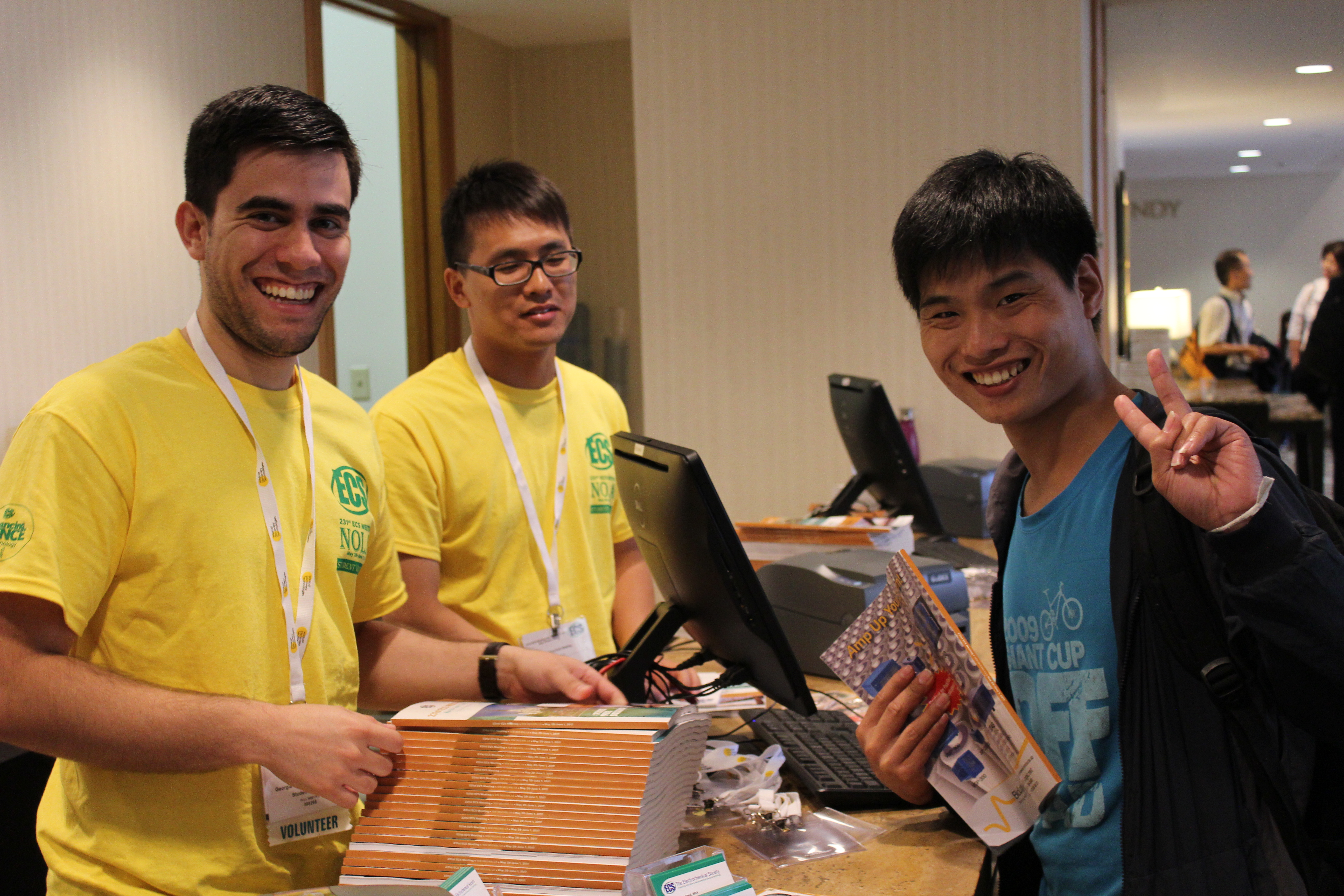
 Recently there has been a spate of comment expressing frustration about the allegedly slow progress of open access, and especially Green open access. It is hard to disagree with some of this sentiment, but it is important that frustration not lead us into trying to solve a problem with a worse solution. The key, I believe, to making real advances in open access is to walk away from the commercial publishers who have dominated the market for scholarship. Only if we do that can libraries free up money from our collection budgets to do truly new things. A new business model with the same old players, even if it were possible, would be a mistake.
Recently there has been a spate of comment expressing frustration about the allegedly slow progress of open access, and especially Green open access. It is hard to disagree with some of this sentiment, but it is important that frustration not lead us into trying to solve a problem with a worse solution. The key, I believe, to making real advances in open access is to walk away from the commercial publishers who have dominated the market for scholarship. Only if we do that can libraries free up money from our collection budgets to do truly new things. A new business model with the same old players, even if it were possible, would be a mistake.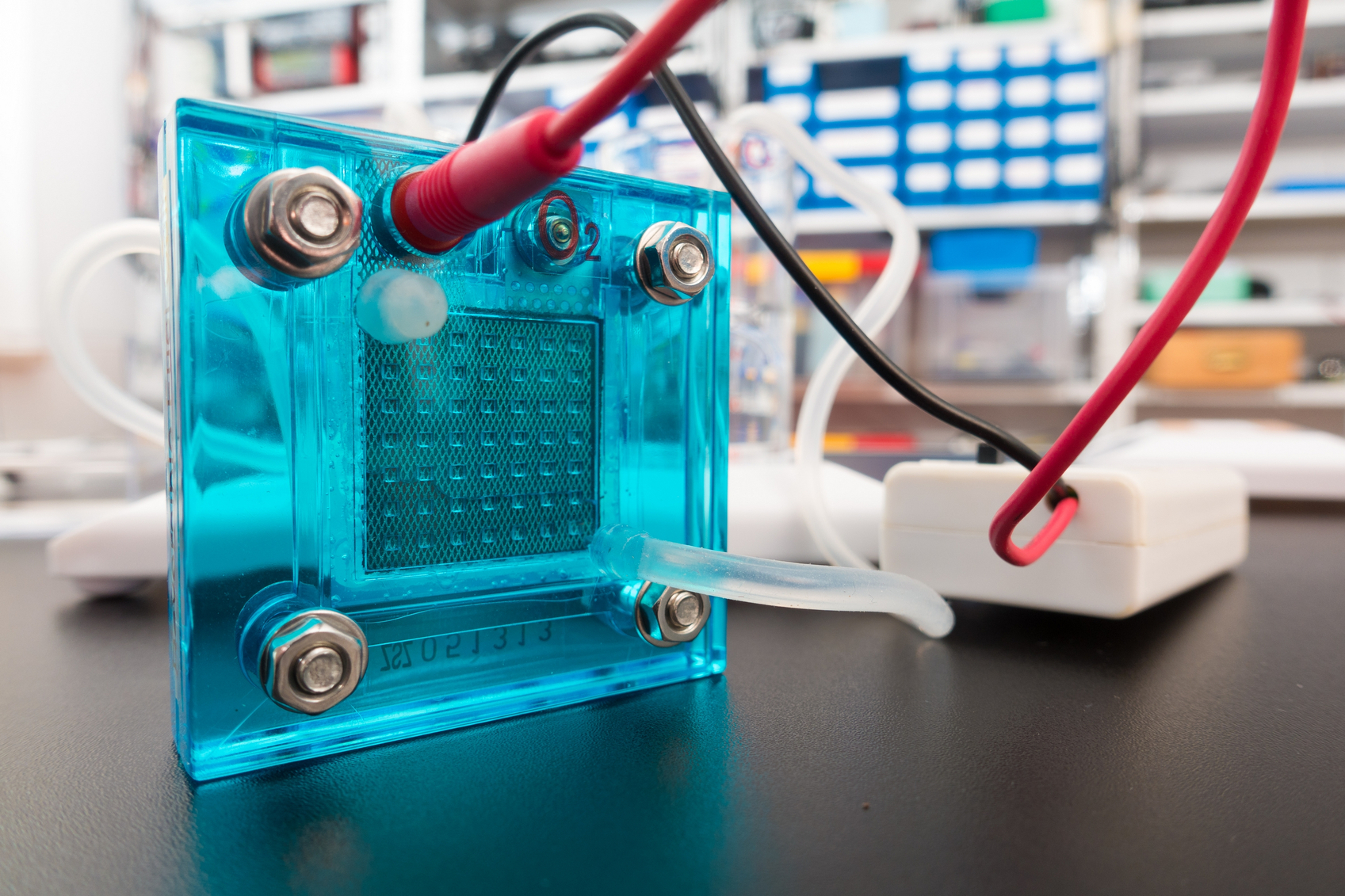 Researchers from Purdue University are making headway on solving issues in electrolyzers and fuel cell development by gaining new insight into electrocatalysts.
Researchers from Purdue University are making headway on solving issues in electrolyzers and fuel cell development by gaining new insight into electrocatalysts. Assuming that the deployment of carbon removal technology will outpace emissions and conquer global climate change is a poor substitute for taking action now, say researchers.
Assuming that the deployment of carbon removal technology will outpace emissions and conquer global climate change is a poor substitute for taking action now, say researchers.